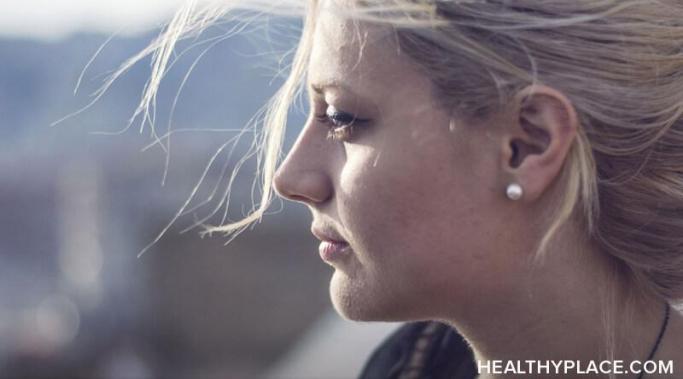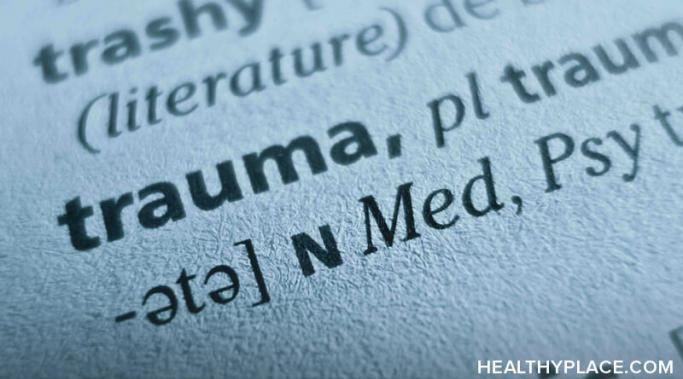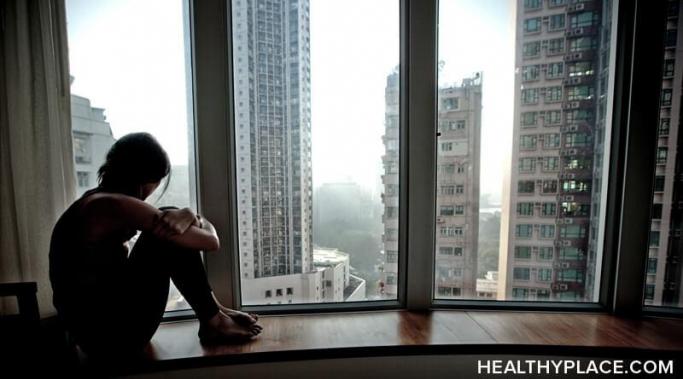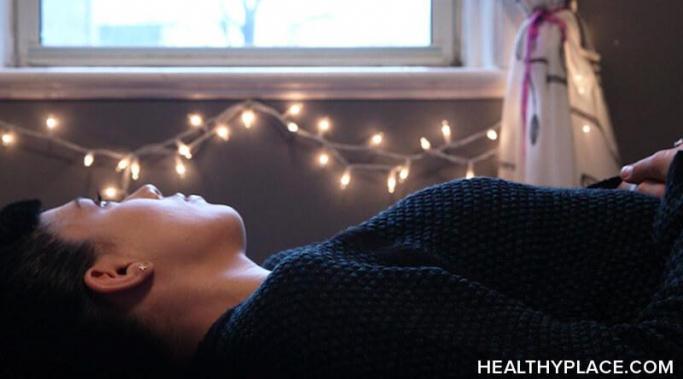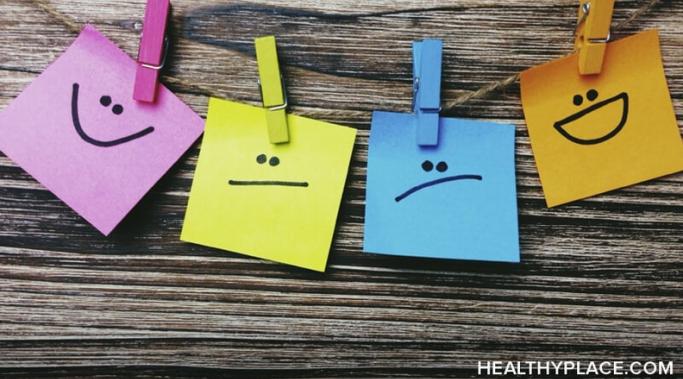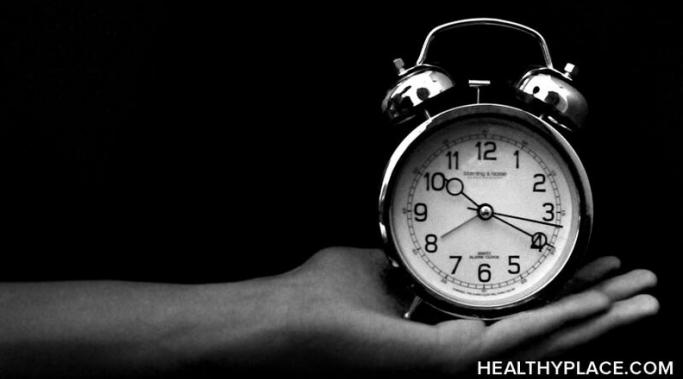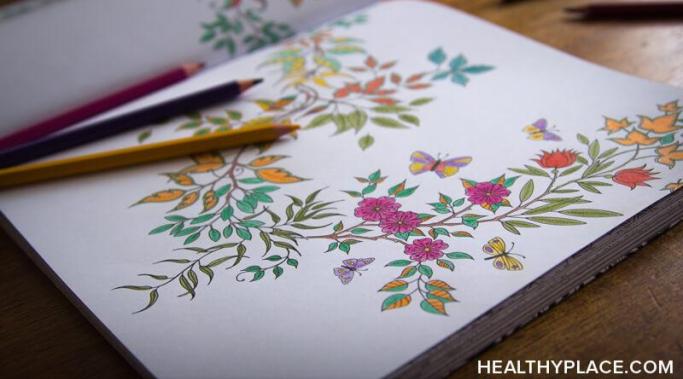Self-forgiveness in posttraumatic stress disorder (PTSD) recovery is a valuable, yet often ignored, aspect of trauma healing. While we hear a lot about the importance of forgiving people that have hurt us, learning how to forgive ourselves is something that is not regularly discussed. However, self-forgiveness is crucial to our wellbeing, especially for people with PTSD.
Childhood Trauma
Learning that I had posttraumatic stress disorder (PTSD) was the first important step in my trauma recovery. Symptoms of the disorder typically start within three months of a traumatic event but in some cases, there can be a delay. Because of PTSD stigma, people often dismiss symptoms of the disorder until it is no longer possible to ignore them.
I've kept strong family boundaries in place even as the COVID-19 pandemic upended life as we've known it. Stores are closed, gyms are shut down, and businesses are struggling to get by as communities across the world hunker inside their homes. While the coronavirus probably won't be much of an issue for me as a healthy, 24-year-old woman, I worry about those around me. I think about what would happen if my coaches or my friends with compromised immune systems fell ill. I worry about my sister living alone while her community is shut down. And I worry about my family members catching COVID-19 even though I've had strong family boundaries in place due to their abuse.
When you're living with posttraumatic stress disorder (PTSD), the holiday season can feel like a nightmare. Holidays can be stressful for everyone, but trying to balance the activities of the season when you have PTSD can be very overwhelming.
Posttraumatic stress disorder (PTSD) and grief are very similar at their core. They crash into our lives like a train skidding off the rails, wreck everything that we once knew, and leave us picking up the pieces of our lives in the wreckage. And for some, grief and PTSD occur at the same time. Traumatic events that involve the loss of something or someone special (a car accident, for example) can cause people to develop PTSD and feelings of grief concurrently. For others, trauma and grief occur at different points in their lives but still overlap, forcing them to deal with the emotions of both.
Suicide can be a tough topic to discuss among those suffering from posttraumatic stress disorder (PTSD). Though around 56% of people with PTSD experience suicidal thoughts, ideation, or actions, admitting to having those feelings can feel shameful. (Note: This post contains a trigger warning.)
Posttraumatic stress disorder (PTSD) and insomnia can go hand-in-hand. Insomnia is one of the most common sleep disorders in the world. With around 10-30% of the general population suffering from insomnia, it's normal to know a friend or two that has trouble sleeping at night. Because insomnia is such a common condition, it's often left out of the discussion around posttraumatic stress disorder. But with sleep disturbances proven to increase daily distress and dysfunction in the 80-90% of PTSD patients with insomnia, it's a PTSD symptom that shouldn't be forgotten.
Flashbacks are one of the main symptoms of posttraumatic stress disorder (PTSD), but many people haven't heard of a PTSD body memory flashback. I experience PTSD body memory flashbacks. Here's what they feel like.
Posttraumatic stress disorder (PTSD) nightmares make life tiring. When you live with PTSD nightmares plus anxiety, depression, hypervigilance, and flashbacks (all common occurrences in the day-to-day lives of people with PTSD), it's no wonder around 70-91% of people with PTSD have trouble sleeping at night.
Did you know that using art for posttraumatic stress disorder (PTSD) can help you cope with the symptoms of PTSD?
